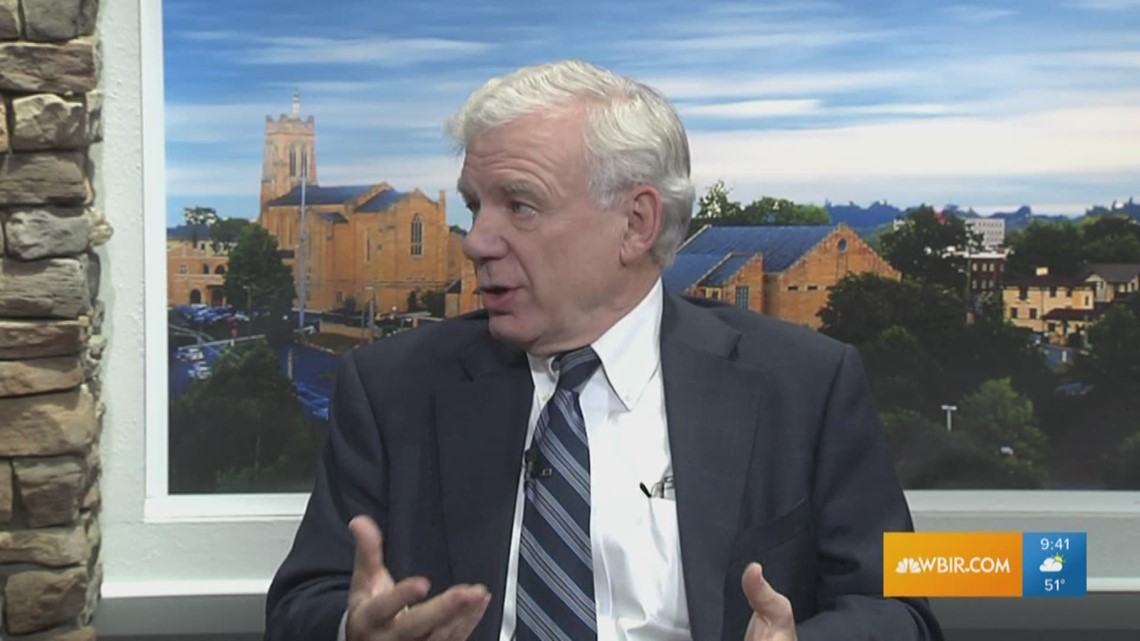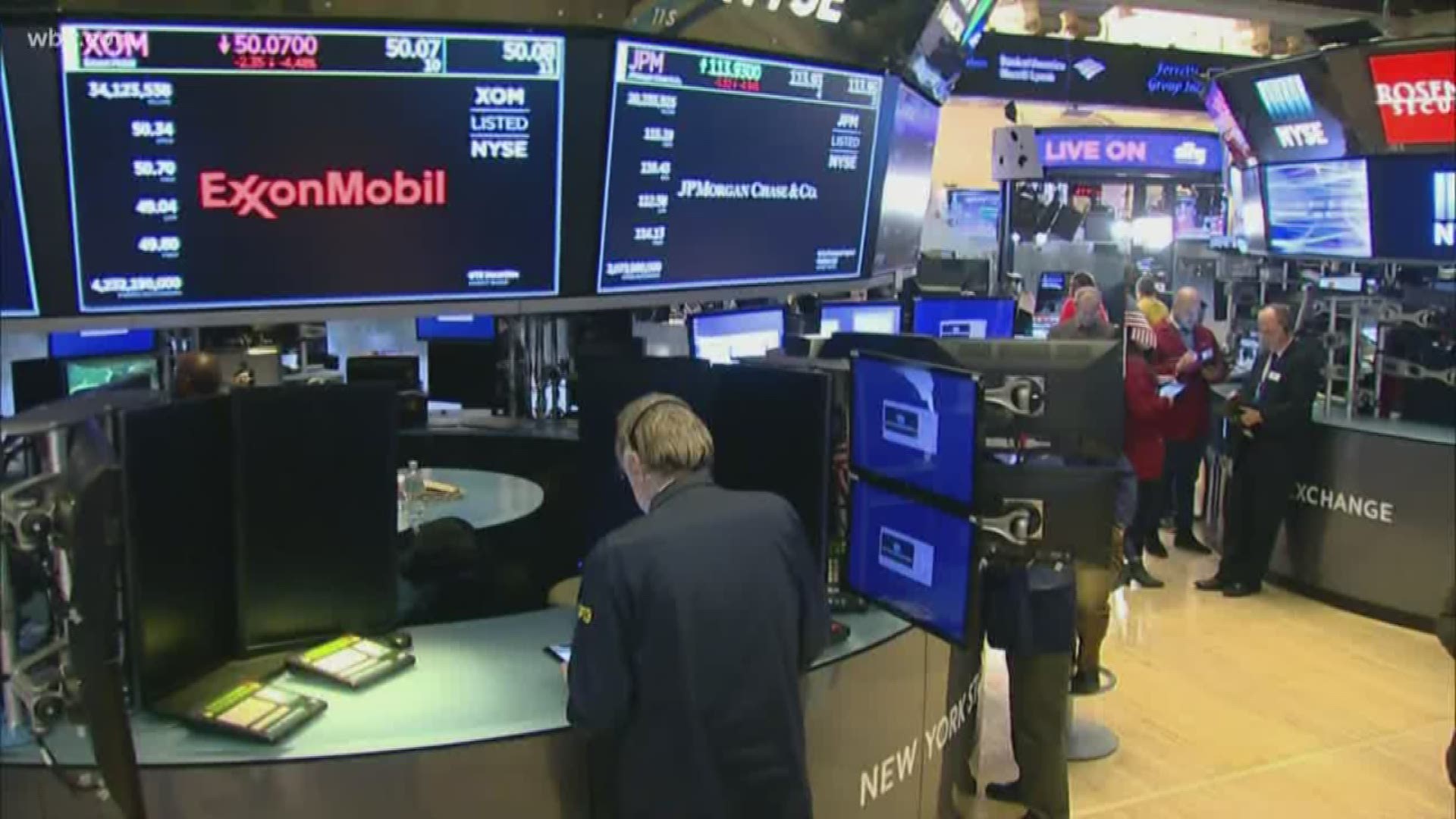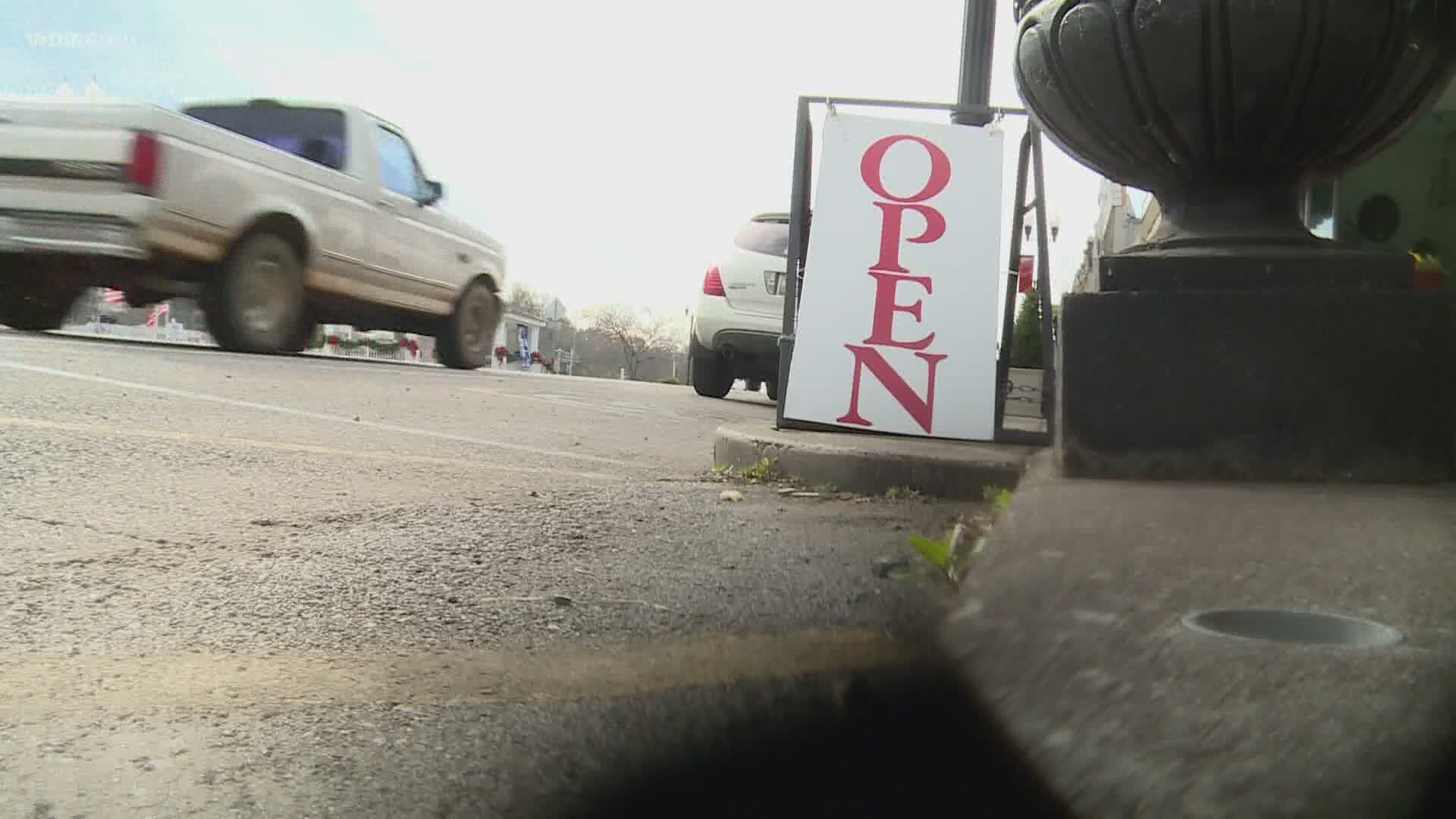KNOXVILLE, Tenn. — While COVID-19 has dealt a hard blow this year to Tennessee's economy, many business leaders think the state is in better shape to improve more quickly than the national economy, a new in-state survey shows.
The inaugural Boyd Center review conducted last month also shows that when it came to their own businesses, leaders anticipated a brighter outlook than what they expected in the state as a whole.
None of those surveyed Aug. 12-20 signaled they're expecting a "substantial" drop in jobs over the next 12 months.
The Boyd Center for Business and Economic Research operates within the Haslam College of Business at the University of Tennessee. Its maiden survey, released noon Tuesday, featured participants ranging for CEOs of large companies to operators of small businesses in Tennessee.
Center Director Bill Fox said the study was planned before COVID-19 hit in March.
The state already was starting to see signs of a faltering economy; the virus accelerated it, he said.
Tennessee is also in a better position to recover than many other states, he said.
The next survey goes out in January.
You can read more about the survey here.
About 63 percent of respondents said their businesses have remained open during the pandemic; 27 percent said they stayed open "with significant restrictions," according to the center.


Ten percent said their businesses voluntarily closed due to weak demand, and less than 1 percent were closed because of government restrictions.
As for what challenges them the most, more than 80 percent of business leaders surveyed said "adverse economic conditions" are a major hurdle. About half also mentioned taxes, and a quarter said government regulations.
Specific points of the review:
*Half of those who responded think the U.S. economy will get worse in the coming 12 months. A little over a third think it'll improve.
*Two-thirds see the state's economy as improving at a better, more healthy rate than the U.S. economy.
*Business leaders credit business investment and better government leadership as key reasons why Tennessee growth should be more robust than the overall national rate.
*When it comes to their own industry, about 50 percent anticipate improving conditions; 21 percent expect worsening conditions.
"Leaders are a little less optimistic about the future performance of their company, whether measured by profits or revenues, than they are their industry. Most think their company will have similar employment over the next 12 months, with a little more than one-third seeing employment growth and a similar percentage expecting capital investment," the center's summary of the survey shows.



